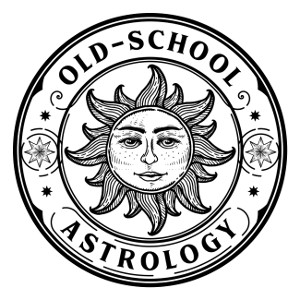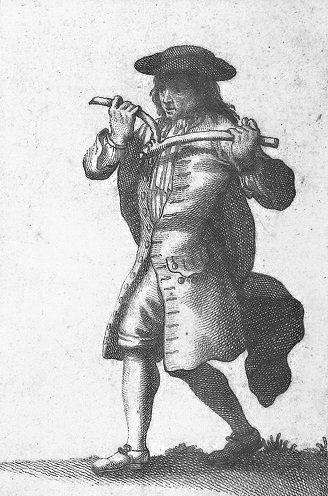Part of horary astrology is quite mechanical - you just follow the steps to arrive at the answer.
The mechanical approach works very well for questions that are centred on predicting whether something will or won’t happen in the future. They usually start with the word “Will…” like “Will I get the job?” or “Will I get married?” or “Will I be rich?”
The vast majority of horary questions fall into this category. To answer these questions you just have to learn the rules and follow them. This is the basic method:
Step 1: Find the planets signifying the subjects of the question.
Step 2: Look for an aspect between them.
Step 3: Check the condition of the planets.
Step 4: Give your answer.
The method is quick and easy, and pretty much anyone can do it, even those of modest intellects, once you’ve learned the basic toolbox.
But there are other categories of questions that can't be answered in this simple and mechanical way. Or at least, not fully.
The most obvious example I can think of is using horary astrology to find lost objects and stray animals.
By this I do not mean the simple question “Will I find my lost wallet?” - this can be answered by following the rules. I’m talking about the more difficult question, “Where is my lost wallet?”
To locate something, the rules-based approach can’t really help you at all. Instead, you have to enter a much weirder and much more fuzzy area.
A planet in a particular sign or a particular house, with this or that aspects to other planets, could represent any one of countless places, but to locate a lost object or a stray animal you need to be able to narrow these factors down to specific locations. And this is the part where intuition can come in.
That being said, I think intuition should be used very sparingly. When locating a lost object or a stray animal, the primary work is (in Lilly’s terms) to “combine art with discretion.” This oft-quoted statement simply means to take your knowledge of the astrological symbolism of the planets, signs, houses and aspects (the “art” of astrology), and combine that with your logic and reasoning power (your “discretion”). This should get you most of the way to your answer - I would say 99% of the way there.
But after having done that work, and narrowed down the list of possible locations to a small number of options, that’s the point at which intuition can come in. It will give you that extra 1%, moving you from a set of possibilities to one specific manifestation of the archetypes.
You can see this in play when you examine the judgments of the best horary astrologers. They have a deep knowledge of the symbolism in the horoscope, and they dive in and explore that symbolic space. They narrow things down to a few options, combining art with discretion. And then comes the moment when they decide upon one option that seems most likely to be correct. This is the moment when intuition comes in - there is a leap of faith, when the astrologer moves beyond what they can reasonably ascertain from the chart and makes a selection, walking out across a bridge of gossamer. And it’s this moment of inspiration that can produce the most spectacular and impressive horary judgments.
When I think about this skill, I am reminded of this line from the Centiloquium: “Only those who are inspired by God can judge particulars.”
I must admit, I sometimes get nervous when I meet someone who claims to be an “intuitive astrologer,” because it seems to imply that they have not spent any time learning the basic fundamentals of astrology and are instead merely feeling their way through a chart.
But at the same time, I also have to acknowledge that there really is an intuitive component to some areas of horary astrology, and it’s those areas where the rules-based approach can only get you so far.
Something I really want to emphasise is that before you can use any amount of intuition in your readings, you first need a very solid grounding in the rules and the meanings of the planets, houses and aspects. You can't skip that step and move straight to intuition, or you will just be making things up without any foundation, wandering far off the path. Astrology is a demanding subject that requires a certain amount of study and education (whether self-education or training with a teacher). There is no short-cut to proficiency.
But once you have a firm foundation in the traditional rules, "the methods of the ancients," there is this other layer to horary astrology that some can occasionally access, when the question demands it.
Once you reach the mountaintop of the tradition and stand at the summit, you can stretch out on the tips of your toes and lift your head above the clouds.

